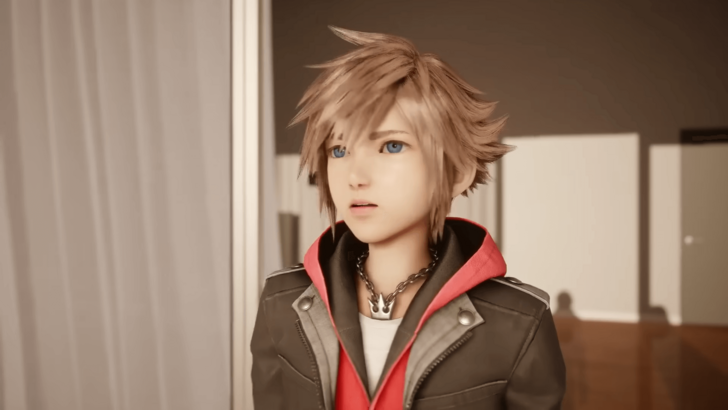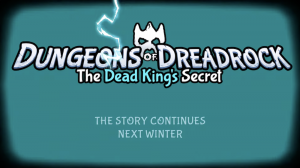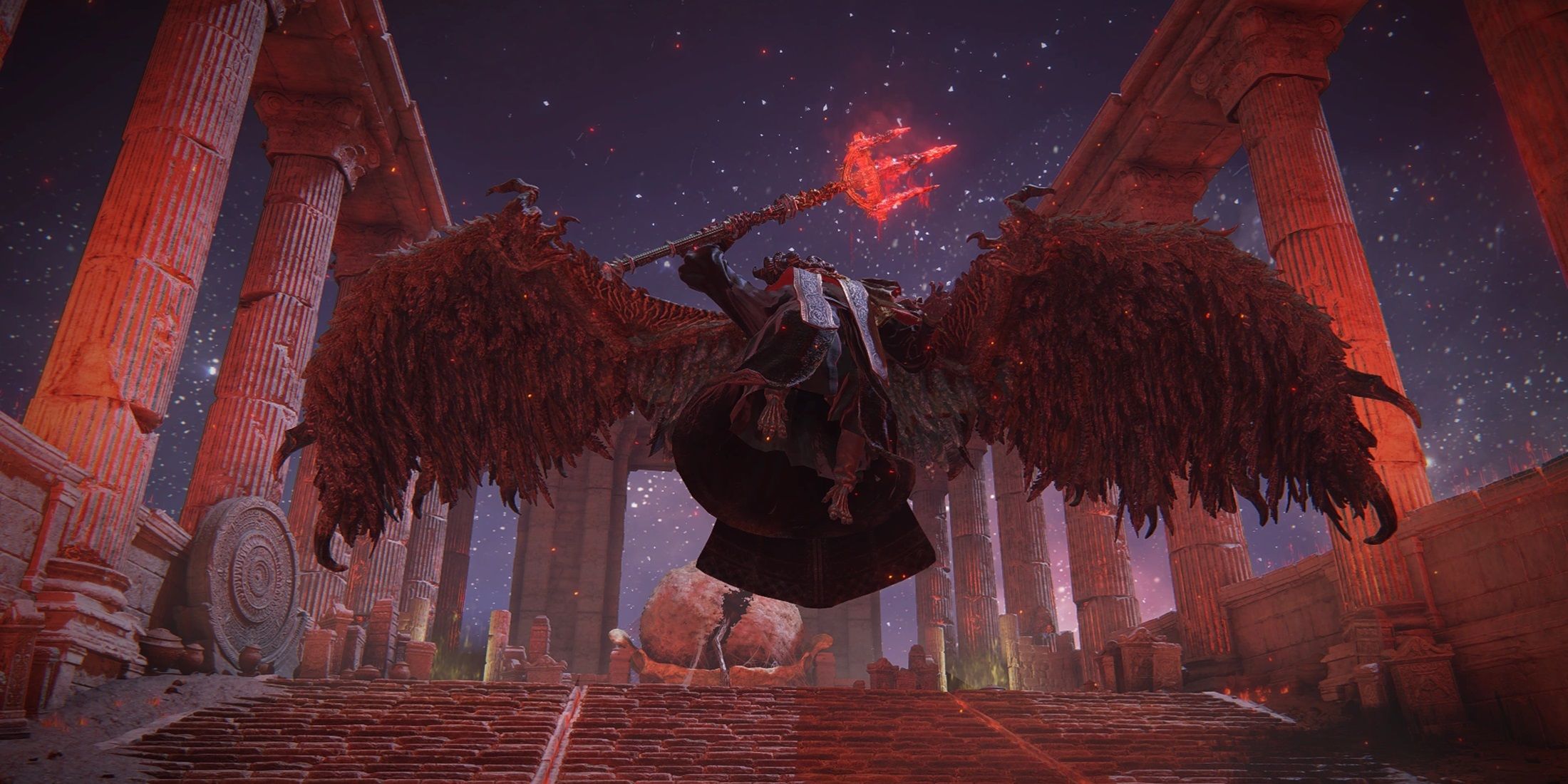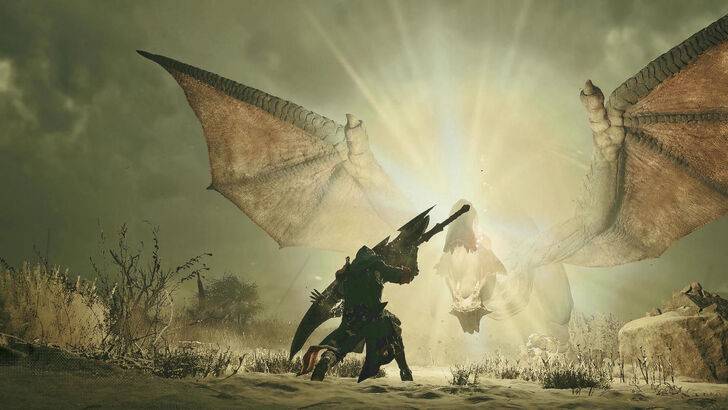Nintendo Lawyer Lifts the Lid on Approach to Piracy and Emulation
Nintendo's aggressive stance against emulation is well-documented. Recent examples include the $2.4 million settlement with Yuzu emulator developers in March 2024, the October 2024 cessation of Ryujinx development following Nintendo's intervention, and the legal advice preventing a full Steam release of the Gamecube/Wii emulator Dolphin in 2023 due to Nintendo's pressure. The infamous 2023 case against Gary Bowser, who sold devices that bypassed Nintendo Switch anti-piracy measures, resulted in a $14.5 million judgment.
A Nintendo patent attorney, Koji Nishiura, recently shed light on the company's strategy at Tokyo eSports Festa 2025. While emulators aren't inherently illegal, Nishiura clarified that their use can become illegal under specific circumstances. Specifically, emulators that replicate game code or disable console security measures may infringe on copyright laws.
This legal action often relies on Japan's Unfair Competition Prevention Act (UCPA), which limits Nintendo's extraterritorial reach. The 2009 ban on the Nintendo DS R4 card, which allowed pirated game execution, serves as a precedent, highlighting Nintendo's success in leveraging the UCPA against manufacturers and resellers.
Nishiura also emphasized that tools facilitating pirated software downloads within emulators, termed "reach apps" in Japanese law, violate copyright. Examples include the 3DS's Freeshop and the Switch's Tinfoil.
Nintendo's lawsuit against Yuzu highlighted the alleged one million pirated copies of The Legend of Zelda: Tears of the Kingdom, citing the emulator's Patreon revenue ($30,000 monthly) generated through premium features and early access. This underscores Nintendo's focus on financial losses stemming from emulation and its associated piracy.
-
 Jan 22,25Kingdom Hearts 4 Will Reboot the Series Kingdom Hearts creator Tetsuya Nomura recently hinted at a pivotal shift for the series with the upcoming fourth mainline installment. This article delves into his revelations about this crucial new chapter. Nomura Hints at a Series Conclusion with Kingdom Hearts 4 Kingdom Hearts 4: A Story Reset,
Jan 22,25Kingdom Hearts 4 Will Reboot the Series Kingdom Hearts creator Tetsuya Nomura recently hinted at a pivotal shift for the series with the upcoming fourth mainline installment. This article delves into his revelations about this crucial new chapter. Nomura Hints at a Series Conclusion with Kingdom Hearts 4 Kingdom Hearts 4: A Story Reset, -
 Jan 20,25‘Dungeons of Dreadrock 2’ Announced, Launching on Nintendo Switch in November with Mobile and PC Versions to Follow Approximately two and a half years ago, we were captivated by the delightful dungeon crawler, Dungeons of Dreadrock, developed by Christoph Minnameier. This top-down perspective game, reminiscent of classics like Dungeon Master and Eye of the Beholder, offered a unique puzzle-solving experience acr
Jan 20,25‘Dungeons of Dreadrock 2’ Announced, Launching on Nintendo Switch in November with Mobile and PC Versions to Follow Approximately two and a half years ago, we were captivated by the delightful dungeon crawler, Dungeons of Dreadrock, developed by Christoph Minnameier. This top-down perspective game, reminiscent of classics like Dungeon Master and Eye of the Beholder, offered a unique puzzle-solving experience acr -
 Dec 10,24Cosplay Marvel Emerges: Elden Ring's Mohg Impresses A stunning Mohg cosplay, strikingly similar to the Elden Ring boss, has been shared online, captivating the gaming community. Mohg, Lord of Blood, a Demigod boss crucial to accessing the recent Shadow of the Erdtree DLC, has enjoyed renewed prominence. Elden Ring, a FromSoftware triumph released in
Dec 10,24Cosplay Marvel Emerges: Elden Ring's Mohg Impresses A stunning Mohg cosplay, strikingly similar to the Elden Ring boss, has been shared online, captivating the gaming community. Mohg, Lord of Blood, a Demigod boss crucial to accessing the recent Shadow of the Erdtree DLC, has enjoyed renewed prominence. Elden Ring, a FromSoftware triumph released in -
 Jan 30,25Hunters Rejoice! Monster Hunter Wilds Showcases New Content In February Open Beta Monster Hunter Wilds: February Open Beta Extends Hunting Opportunities Get ready for another chance to dive into the world of Monster Hunter Wilds! A second Open Beta Test is scheduled for the first two weeks of February, offering both newcomers and returning players a taste of the action before th
Jan 30,25Hunters Rejoice! Monster Hunter Wilds Showcases New Content In February Open Beta Monster Hunter Wilds: February Open Beta Extends Hunting Opportunities Get ready for another chance to dive into the world of Monster Hunter Wilds! A second Open Beta Test is scheduled for the first two weeks of February, offering both newcomers and returning players a taste of the action before th
